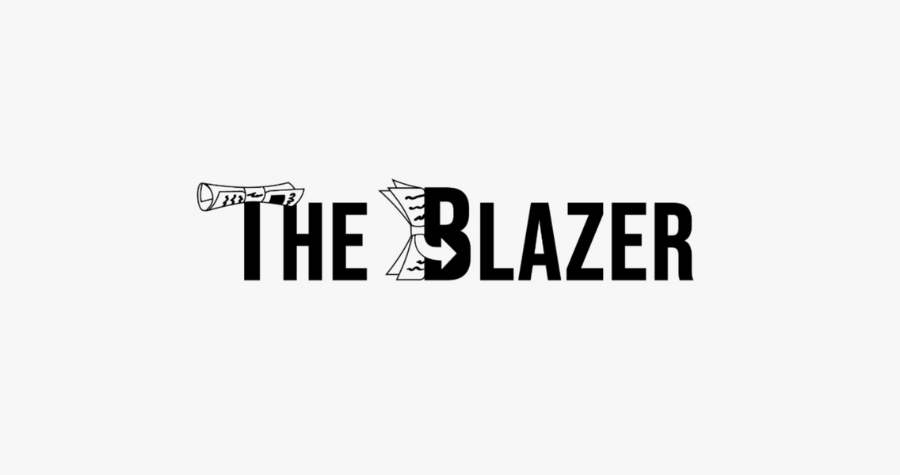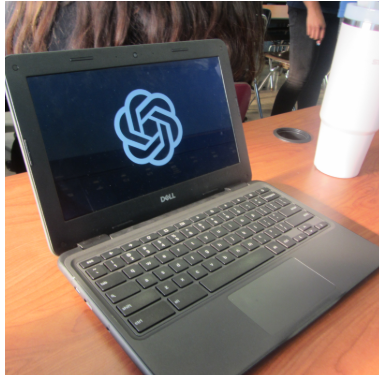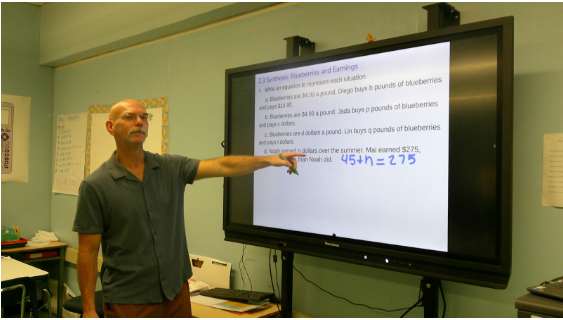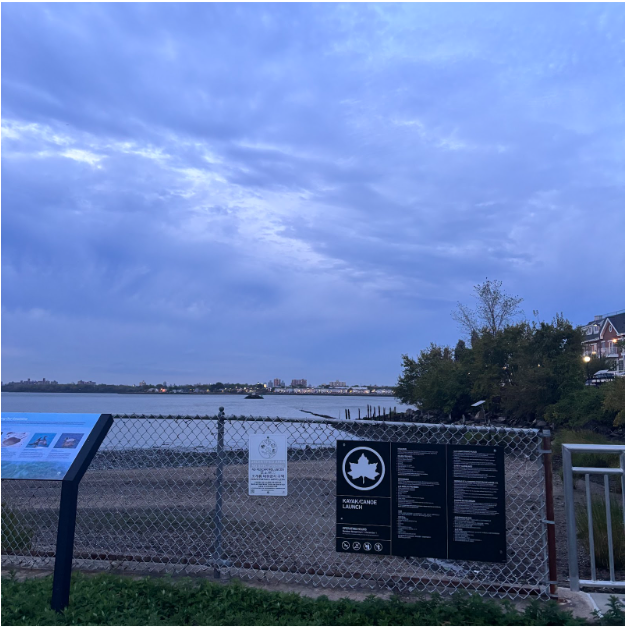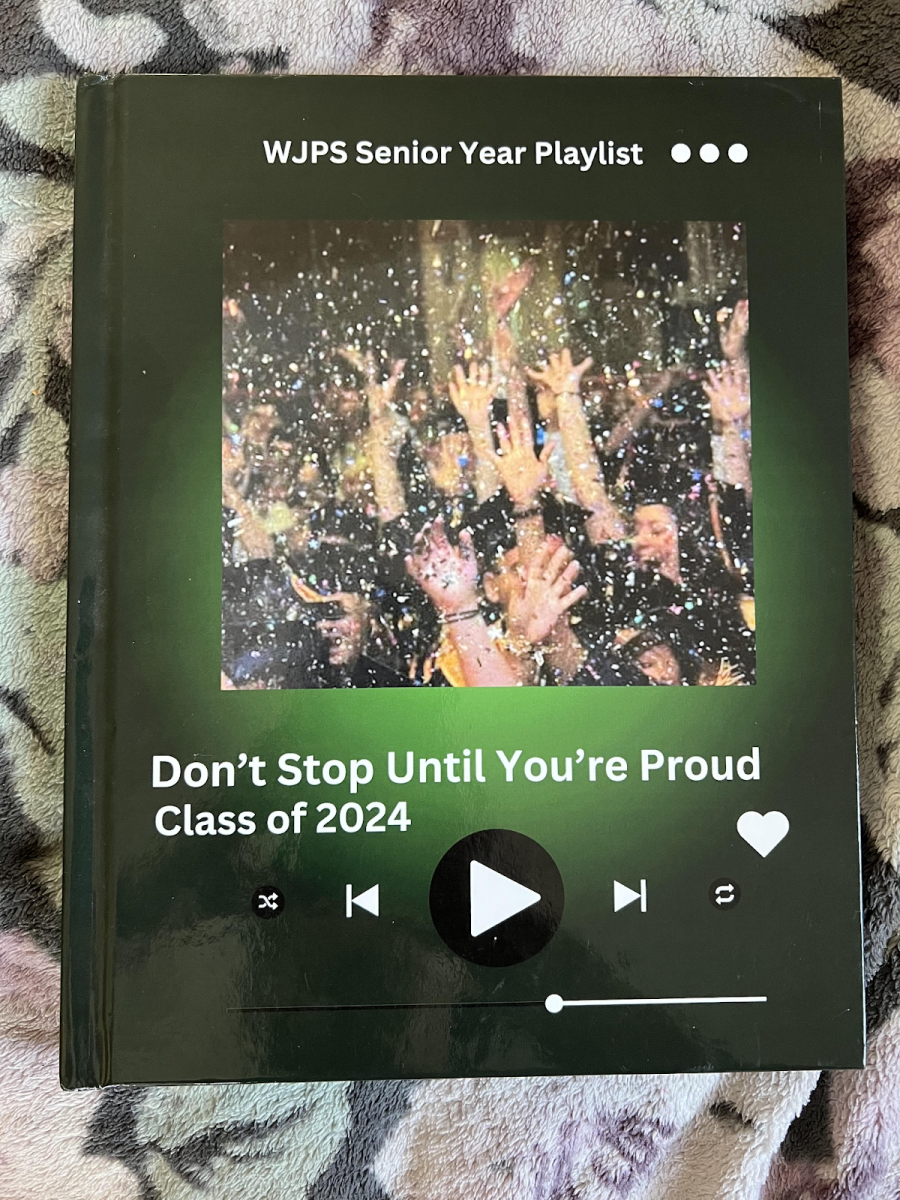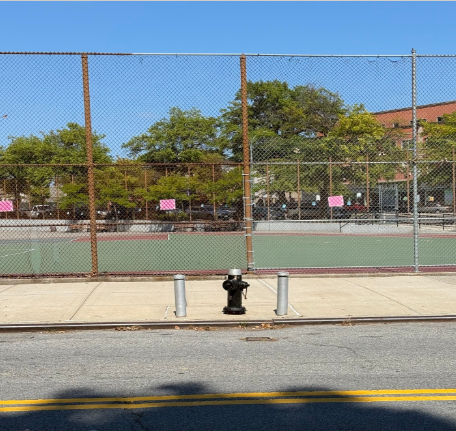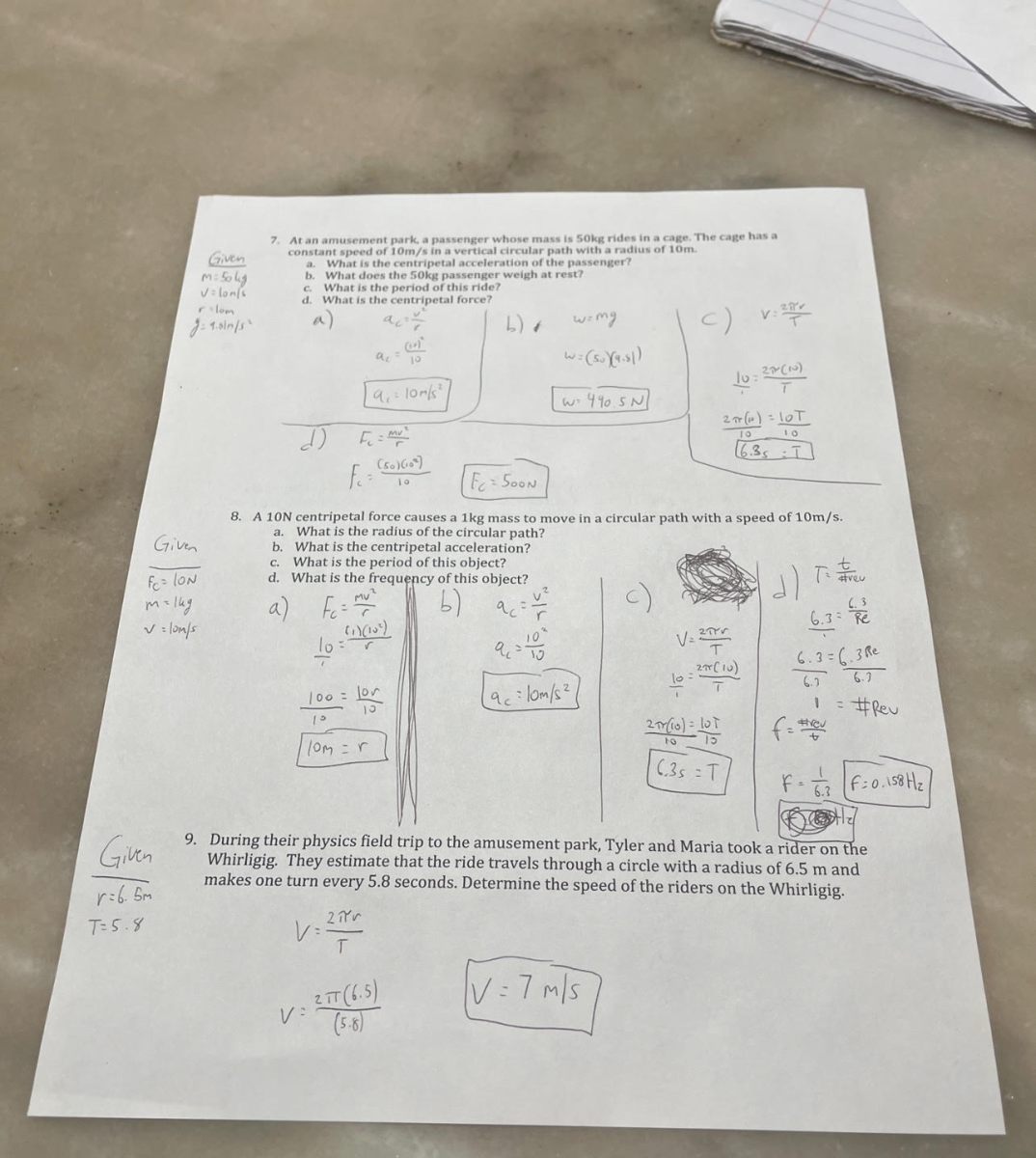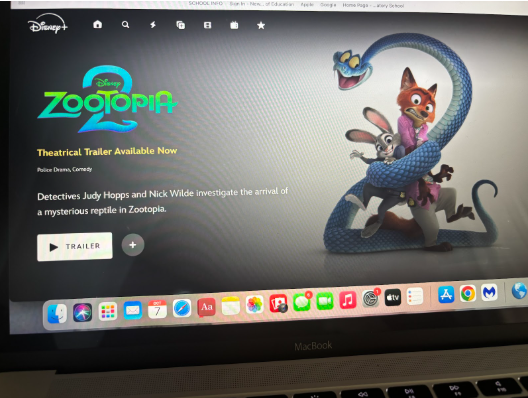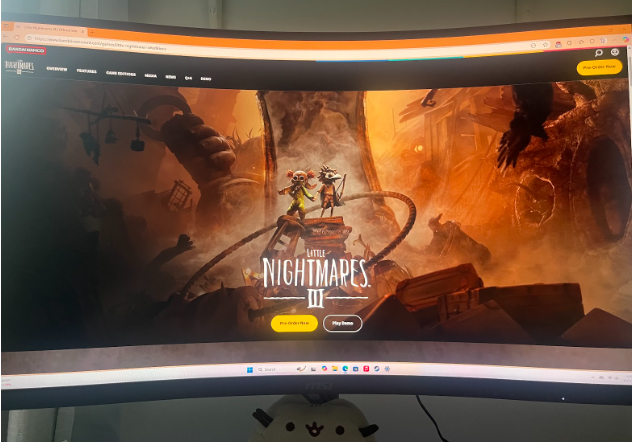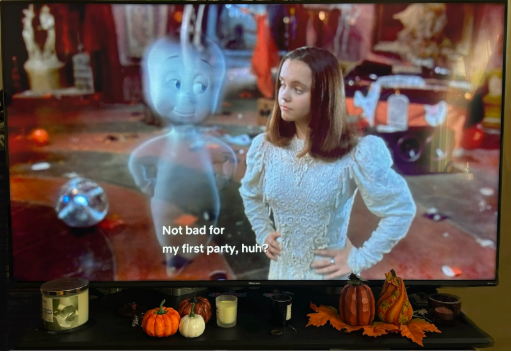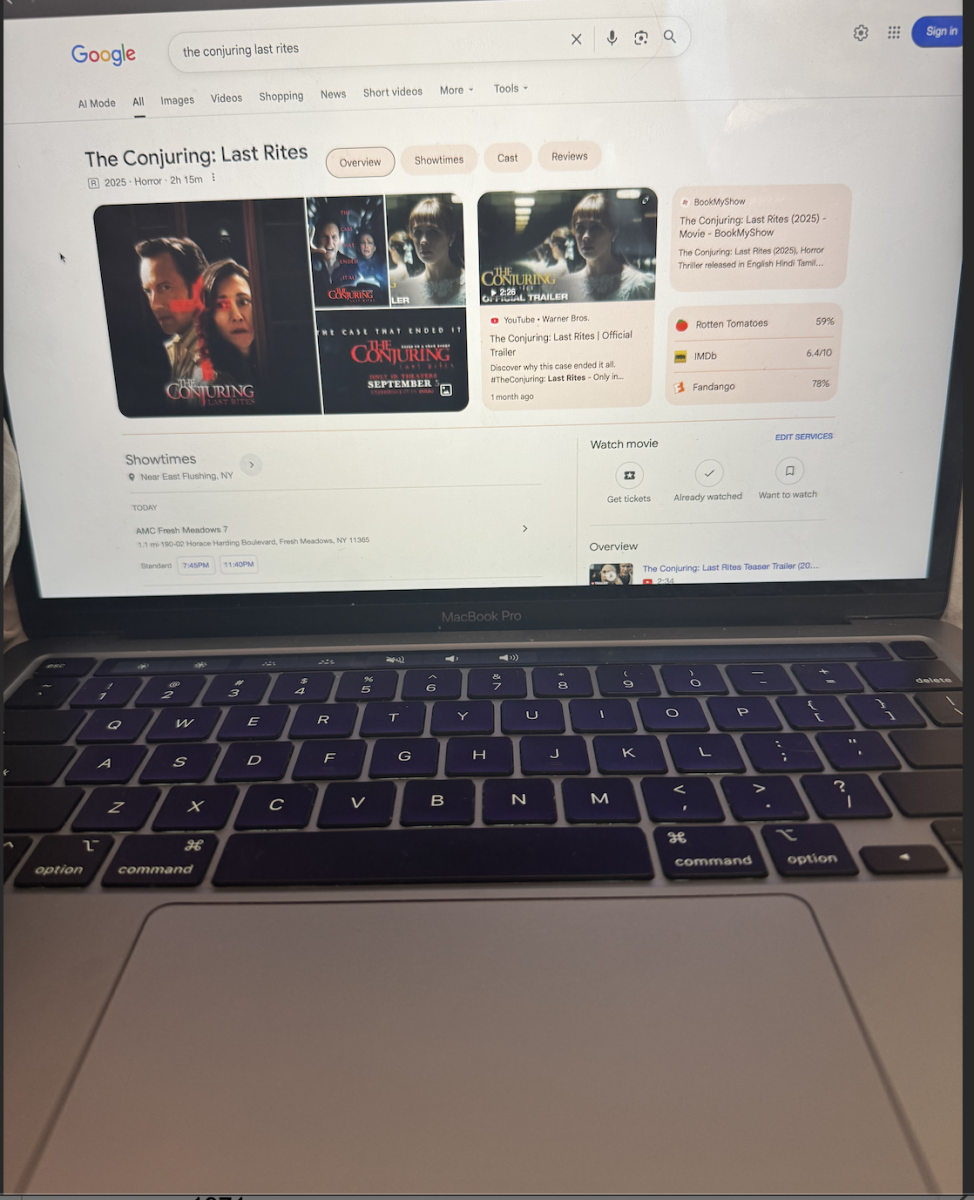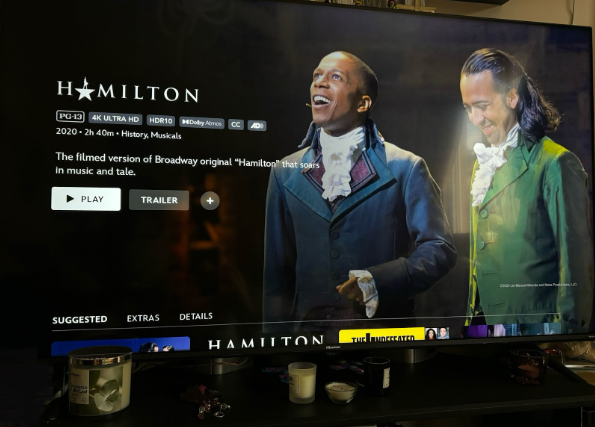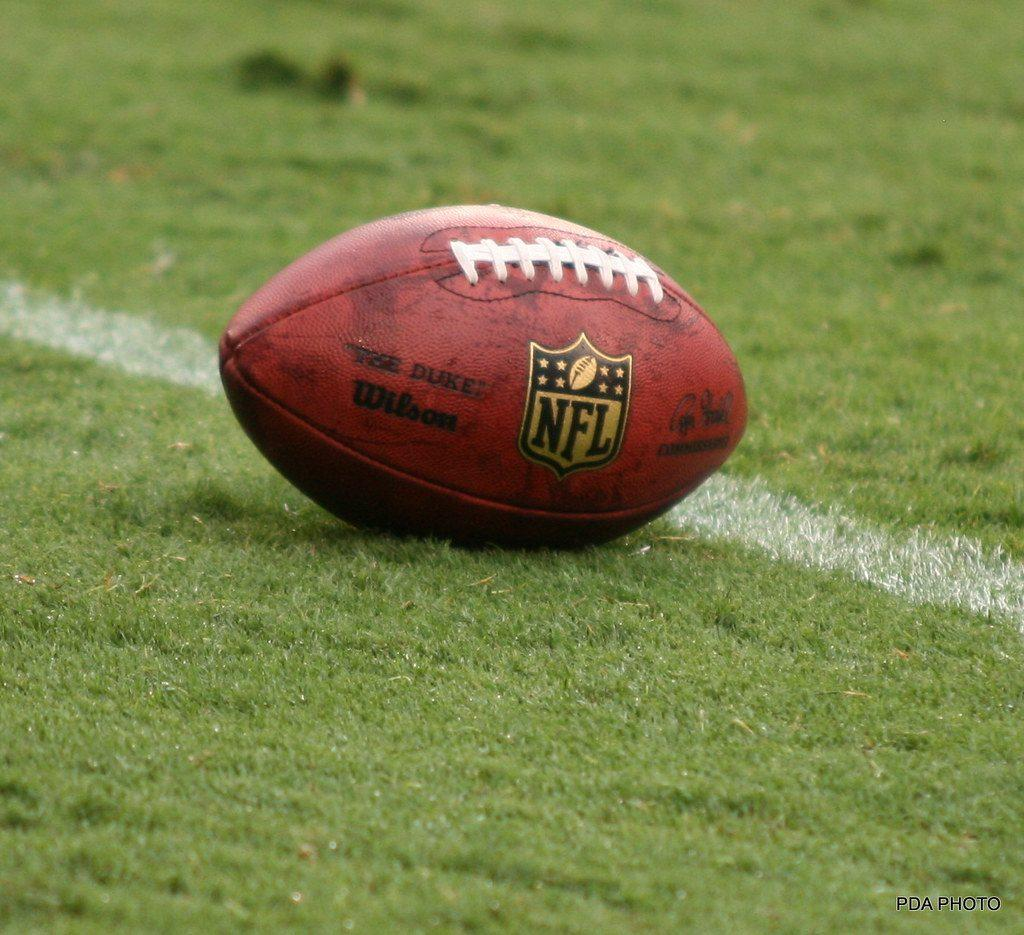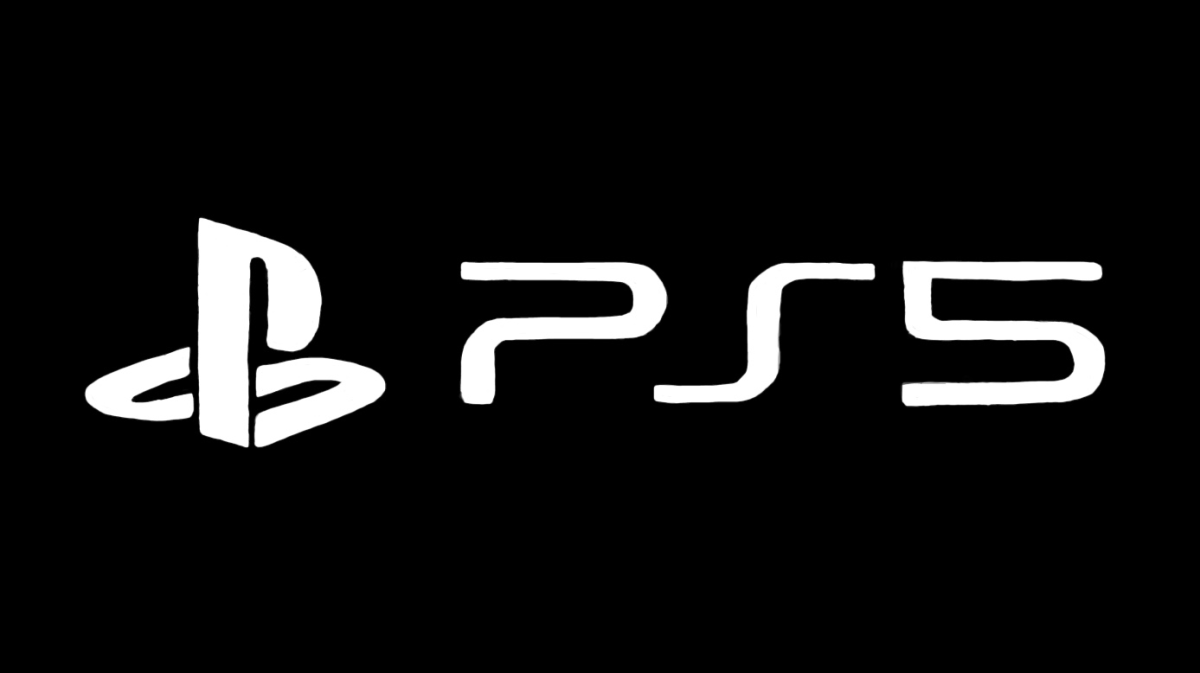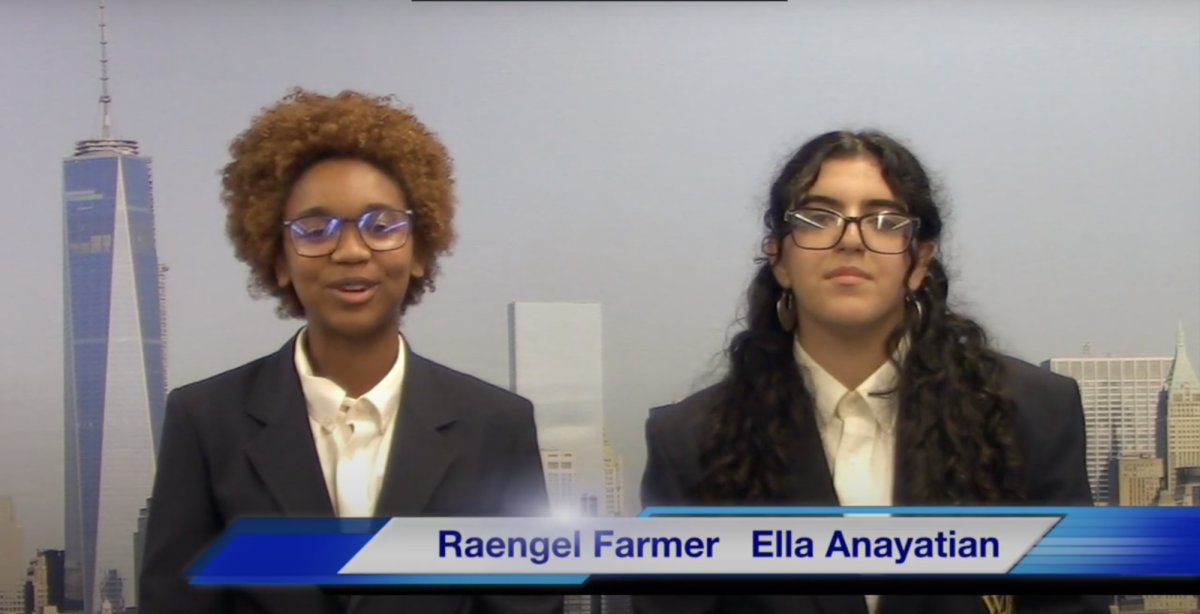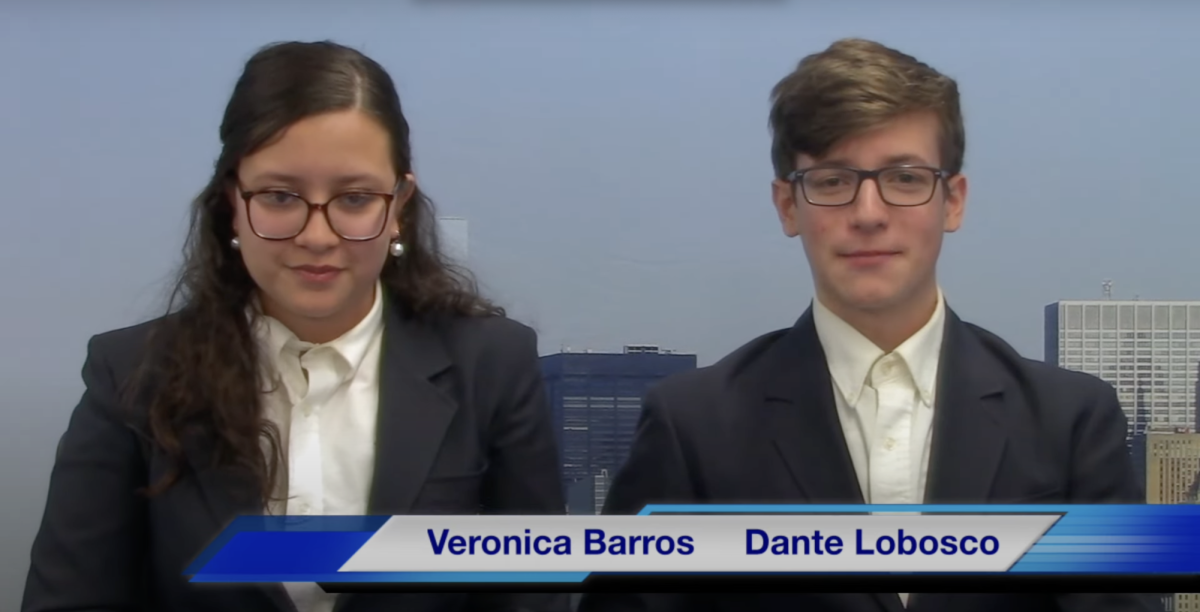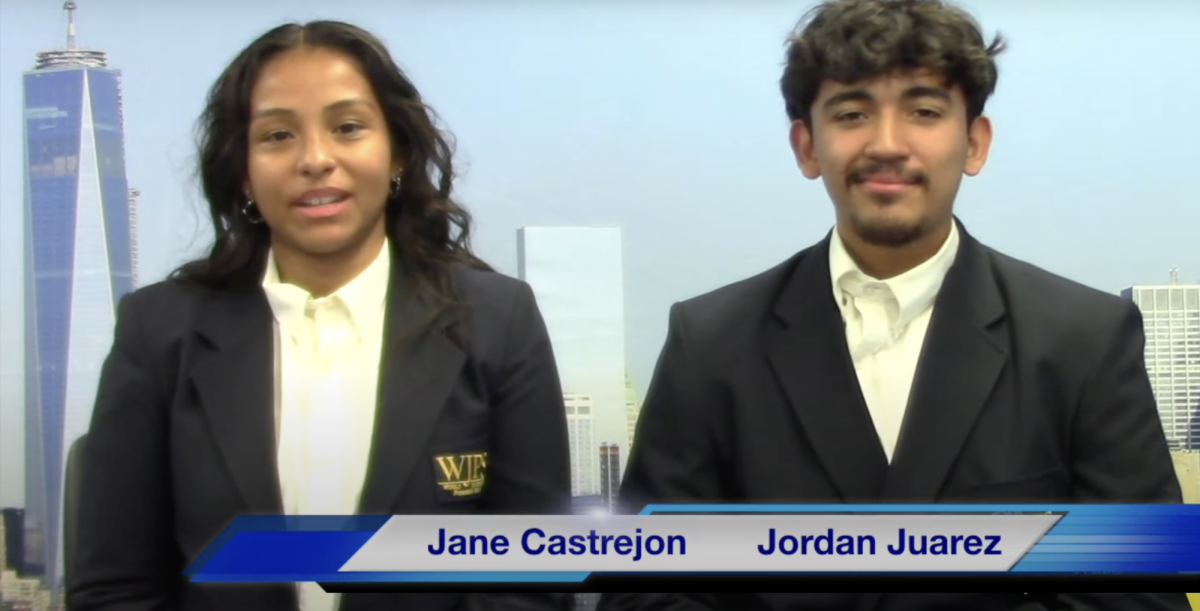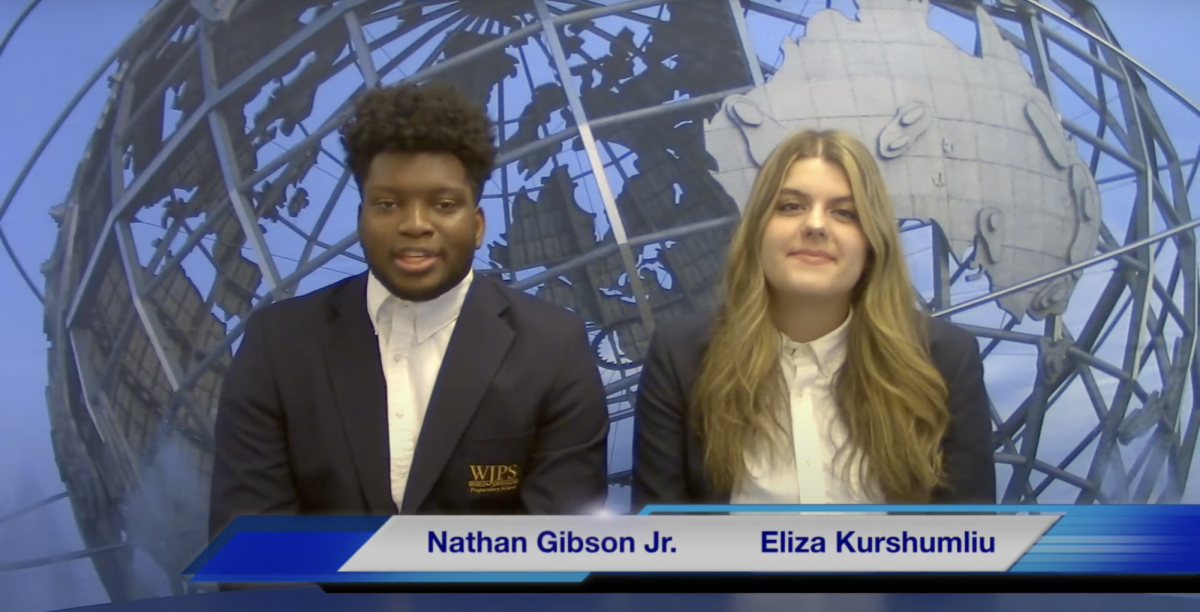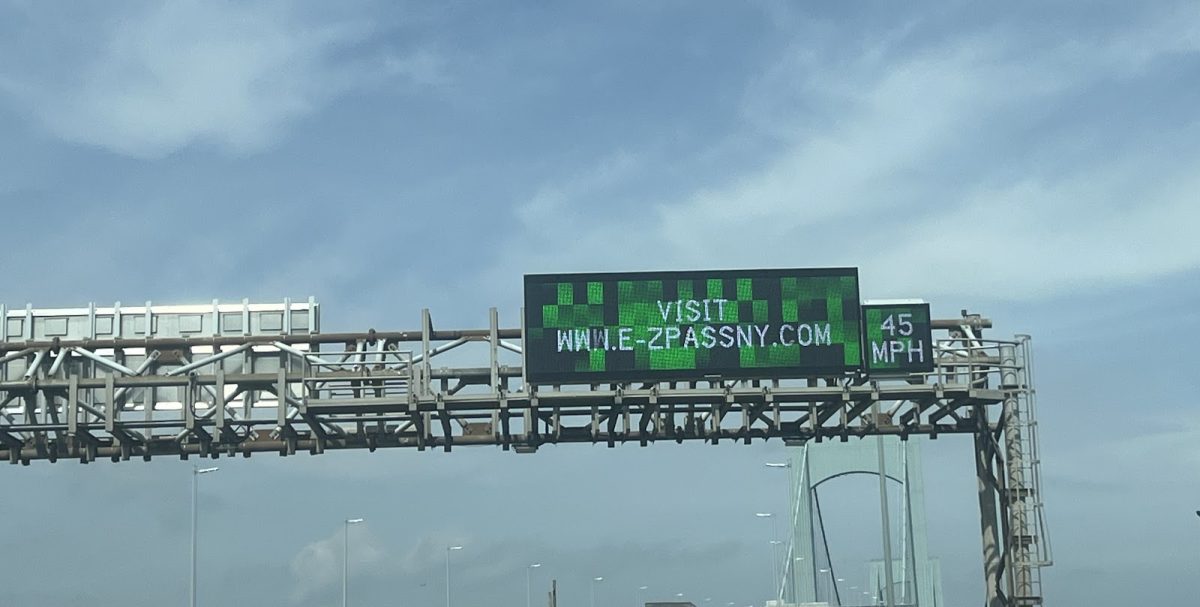Over the past few months, many people have received text messages claiming that they have unpaid E-ZPass tolls and need to pay as soon as possible to avoid fees or legal problems. However, these messages are not actually from E-ZPass or Tolls by Mail.
They are a form of phishing, which is a type of scam where people are directed to fake websites asking for personal information like passwords and credit card numbers.
WJPS ninth grader Cody Lo said, “I had it on three separate occasions and I went to look it up the third time and it was for driving and that’s when I knew it was a scam.”
The Federal Trade Commission (FTC), a US government agency, states that some signs of phishing include offering coupons for free things, saying you need to confirm your identity, or asking you to click a link to make a payment.
Also, Microsoft Support recommends that those who gave their information to a phishing website change any passwords that were entered, write down as many details as possible, and share those details with local police.
WJPS paraprofessional Ms. Aline said, “I did spread the word and told my parents not to click on it.”
